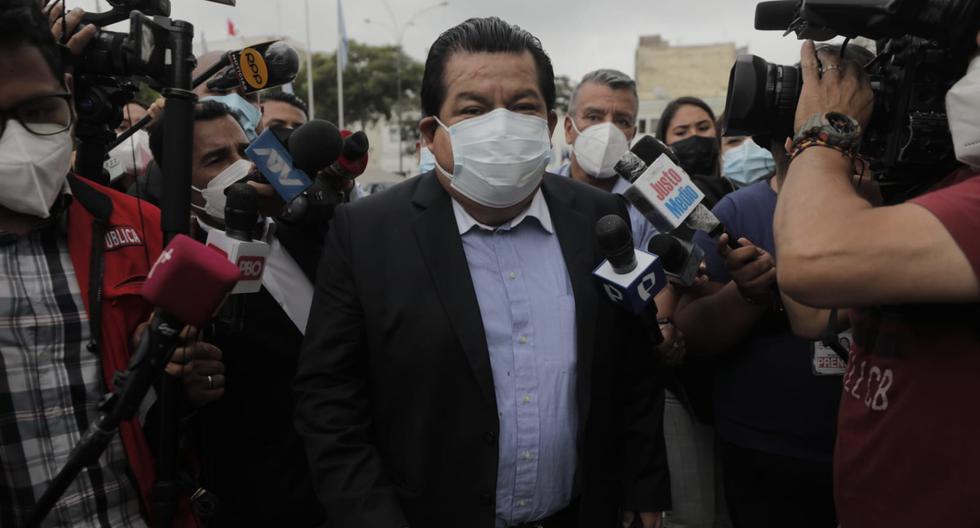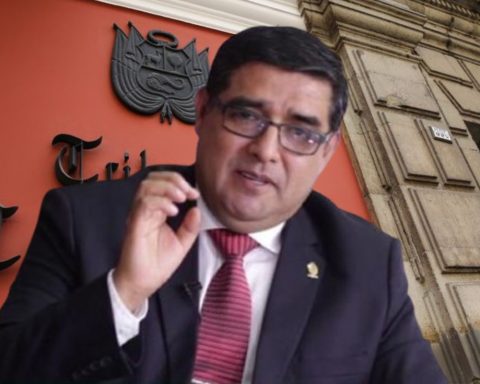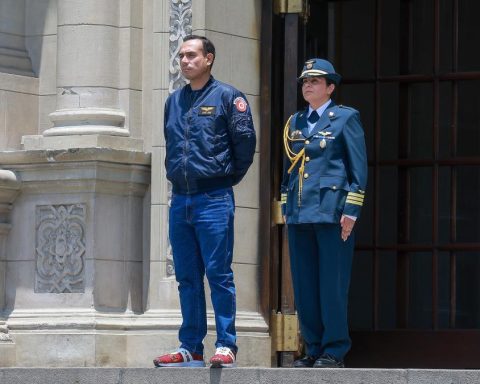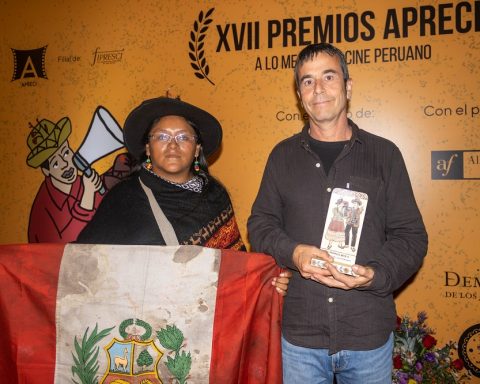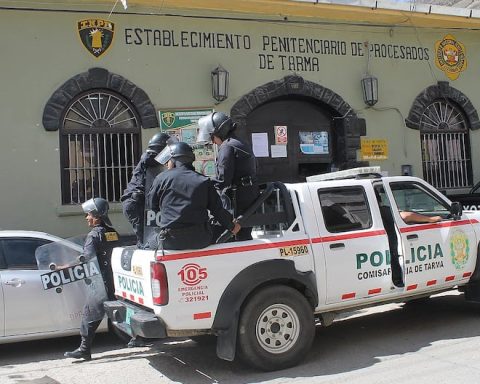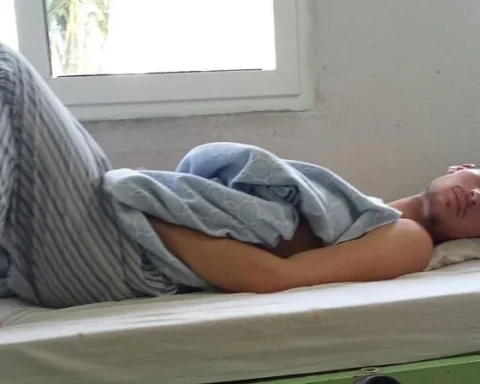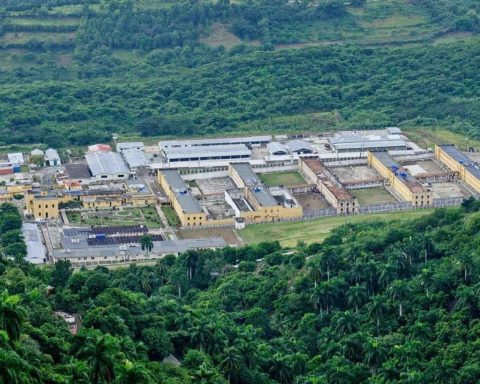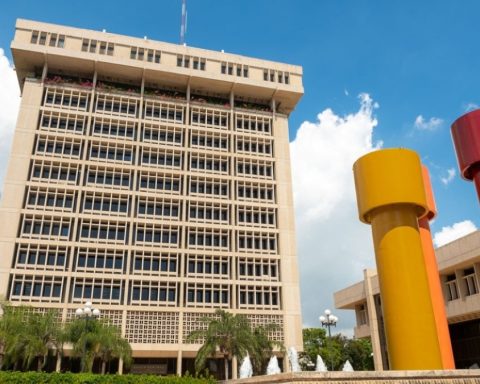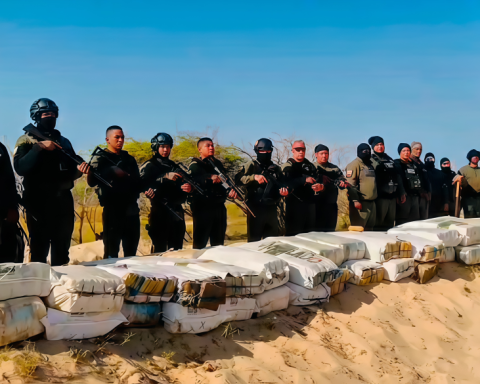The former Secretary General of the Presidential Office, Bruno Pachecosupplanted the COVID-19 test made to another person and falsified the results to avoid appearing before the anti-corruption prosecutor Norah Córdova, in charge of the Petroperú case.
As revealed by Cuarto Poder, the victim of impersonation is Kelly Regente Eguiluz, a 31-year-old woman and administrator by profession.
“Obviously I feel super indignant because I think it’s not normal for a person to do this, right? But I am going to report him to the prosecutor’s office also for usurpation of data”, said Regent Eguiluz.
SIGHT: Nirvana: Musical legend that marked an entire generation Kurt Cobain would be 55 years old today
Kelly Regente underwent a Xecuenxia Laboratory antigen test on December 18, 2021 and the result was negative. However, the young woman’s test code was usurped by Bruno Pacheco and she changed her name, date and the result of the medical examination.
The adulteration of the test was confirmed by the very laboratory where Pacheco Castillo supposedly went to take it.
“In our laboratory we do not have Mr. Arnulfo Pacheco Castillo registered with any attention on the date that he indicates”, said Gisella Valera, head of Operations at the Xecuenxia Laboratory.
“Clearly it is seen that this Mr. Arnulfo has adulterated the test and has used the name of our laboratoryValera added.
The former right arm of President Pedro Castillo was summoned by the prosecutor Norah Córdova for December 23, but on the 21st of that month, a request to reschedule the procedure entered the Public Ministry. At that time he attached false proof to prove that he was sick.
Norah Córdova investigates the alleged direction of the award of the B100 biodiesel acquisition process –by Petroperú– in favor of the company Heaven Petroleum Operators SA
According to Romy Chang, a specialist in Criminal Law, the presentation of the apocryphal document by the investigated Bruno Pacheco constitutes a crime against public faith.
“Our Criminal Code contemplates that the use or utilization of a document that is clearly false constitutes a crime against public faith that is sanctioned with a sentence that ranges from 2 to 4 years, when the document is private, as in this case.”, he concluded.
